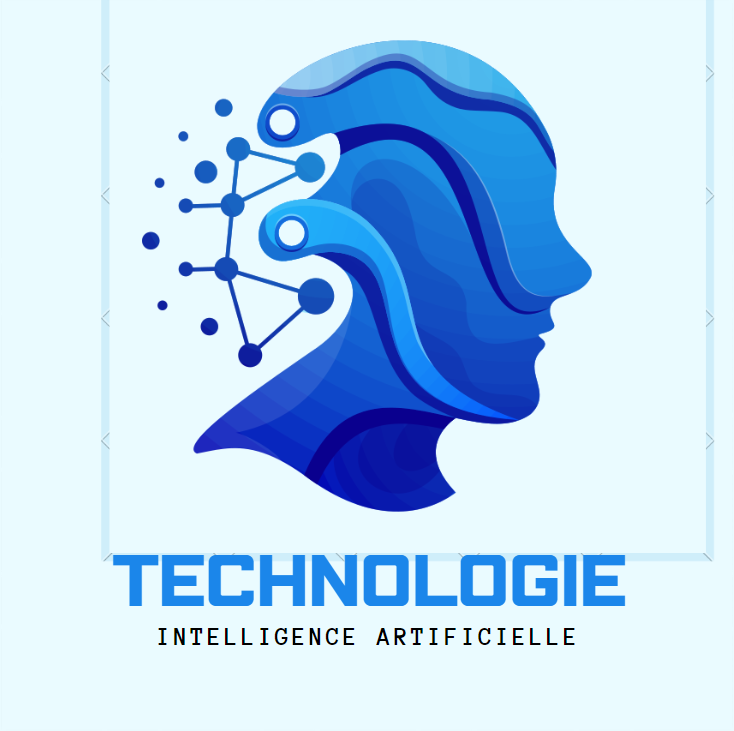Artificial intelligence and its impact on the future of jobs
Artificial Intelligence (AI) is revolutionizing industries across the globe, promising increased efficiency, productivity, and innovation. However, alongside its benefits, AI is also raising concerns about its impact on the future of jobs
 |
| Artificial Intelligence - The impact of artificial intelligence on the future of jobs |
The rapid advancements in AI technology have led to speculation about widespread job displacement and profound changes in the labor market. Understanding the complexities of this issue requires a nuanced examination of the various ways AI is reshaping employment dynamics
What is meant by artificial intelligence
Artificial intelligence is a branch of computer science, which specializes in the formation of high complex systems and software that are employed to carry out tasks that are at a high level of intelligence in a way similar to the way humans employ
The impact of artificiel intelligence on traditional job loss
AI can directly affect the loss of simple, mechanically traditional functions and reliance robots programmed to increase production at the lowest material cost. Here are some of the jobs that could be directly affected under the dominance of technology
- automation and Job Displacement :One of the primary concerns surrounding AI is it potential to automate tasks traditionally performed by humans, leading to job displacement in certain sectors. Automation powered by AI algorithms and robotics has already begun to transform industries such as manufacturing, transportation, and customer service. Routine and repetitive tasks are particularly vulnerable to automation, affecting occupations like data entry, assembly line work, and administrative roles.
- Creation of New Jobs and Industries :Despite fears of widespread job loss, AI also ha potential to create new jobs and industries. The development, implementation, and maintenance of AI systems require a diverse range of skills, including software engineering, data science, machine learning, and cybersecurity. As organizations adopt AI technologies, there is a growing demand for professionals with expertise in these areas.
- Upskilling and Reskilling :In light of AI's transformative potential, there is an urgent need for individuals to acquire new skills and adapt to evolving job requirements. Upskilling and reskilling programs can help workers transition to roles that complement AI technologies, such as data analysis, machine learning engineering, and human-machine interaction design.
- Socioeconomic Implication :The impact of AI on the future of jobs extends beyond economic considerations to encompass broader socioeconomic implications. Concerns about job polarization, income inequality, and the concentration of wealth in the hands of AI owners and developers are growing
- Policy Responses :To mitigate the negative consequences of AI on the labor market and promote inclusive growth, policymakers must implement targeted interventions. This includes investing in education and training programs that equip workers with the skills needed to thrive in a digital economy
·
